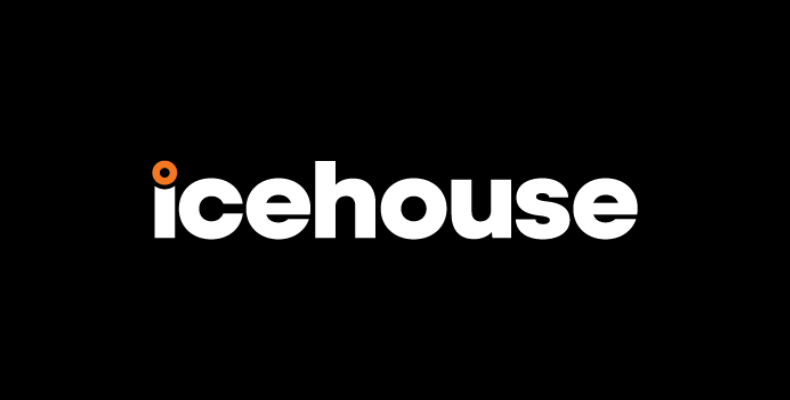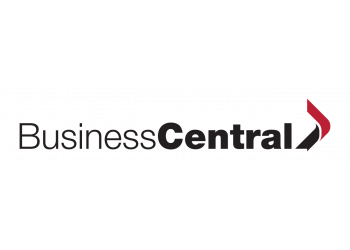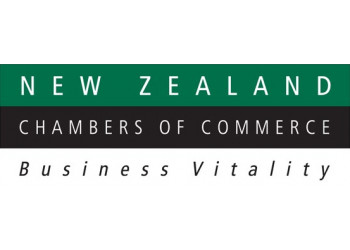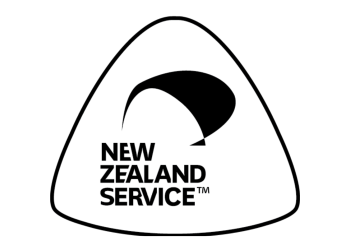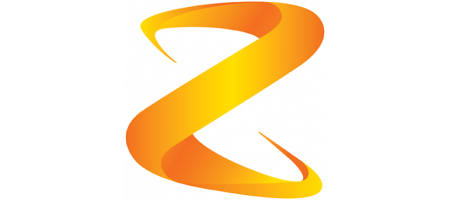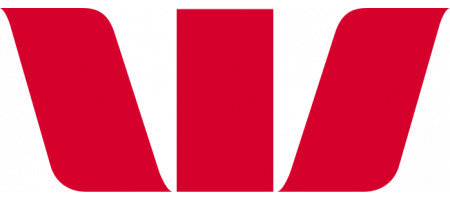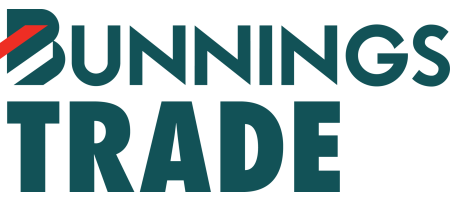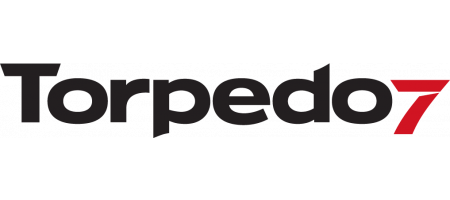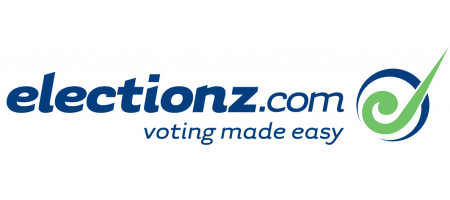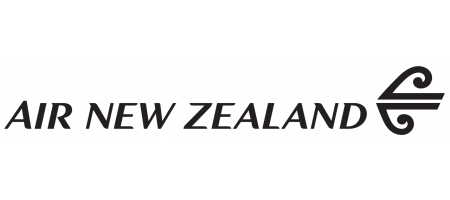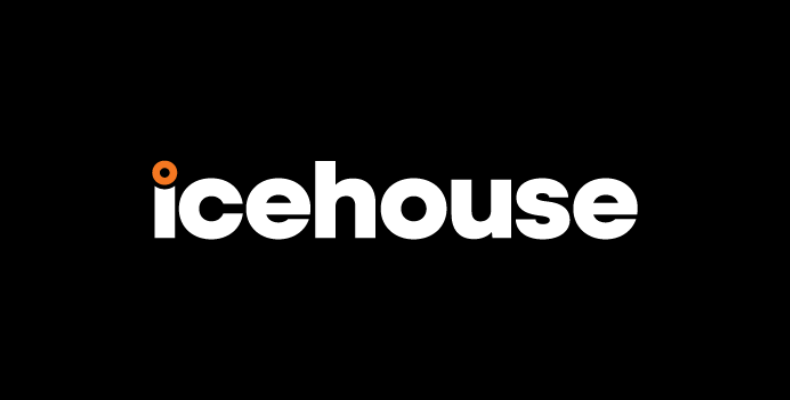
News
New Health and Safety changes for Otago and Southland businesses
Business South welcomes the recent announcements by Minister of Workplace Relations and Safety, Hon Brooke van Veldon outlining a series of reforms to New Zealand’s health and safety legislation. These proposed changes aim to improve clarity, reduce unnecessary compliance obligations, and provide more targeted guidance for businesses. Changes in the health and safety system reform will be progressed through changes to legislation later this year.
Implications for Businesses in Otago and Southland
The reforms will have much needed reductions in red tape for businesses across the region.
- A carve-out for small, low risk businesses to only have to manage critical risks and provide basic facilities to ensure worker welfare
- Clarification of leadership roles in health and safety governance
- Greater access to land for recreational and commercial activities, with reduced liability for landowners
- Increased reliance on standardised, sector-specific guidance through Approved Codes of Practice
This summary outlines the key components of the reforms.
1. Cut through compliance requirements for Small, Low-Risk Businesses
The proposed changes will remove unnecessary red tape for small businesses operating in low-risk environments, such as
- reducing notification requirements to the regulator to only significant workplace events (deaths, serious injury, illness and incidents)
- improve outcomes for businesses and workers by focusing the system on critical risks and getting rid of unnecessary costs,
- making sure there is less paperwork and more clarity on what will make workplaces safe
2. Defined Responsibilities for Managers and Directors
The reforms include clarification of responsibilities within workplace leadership structures. In particular:
- Managers will be explicitly responsible for the day-to-day management of health and safety risks
- Directors will retain a governance role, with a responsibility to ensure appropriate oversight and systems are in place
- Addresses previous uncertainty which has sometimes led to duplicated efforts and inconsistent application of responsibilities.
3. Clarification of Landowner Liability for Recreational Access
- The reforms propose changes to how health and safety responsibilities are applied in outdoor and recreational contexts.
- Health and safety obligations will apply to the organisation or operator running an activity, rather than the landowner
- The change will apply to both public and private land, including farmland, parks, school grounds, and council-managed land
- Landowners will continue to decide whether to allow access, but would not be held responsible for injuries occurring during recreational use
4. Greater Emphasis on Approved Codes of Practice
Approved Codes of Practice (ACOPs) are set to become a central feature of the revised health and safety framework:
- Compliance with an ACOP will be sufficient to demonstrate legal compliance with health and safety duties.
- Industry bodies will be permitted to draft new ACOPs for their sectors, subject to approval by the Minister for Workplace Relations and Safety
We will be engaging with the Government and will keep you informed as they progress with the legislation.
Need help navigating these changes?
- Join our webinar on 29 April 2025
- Or reach out with questions advocacy@business-south.org.nz




